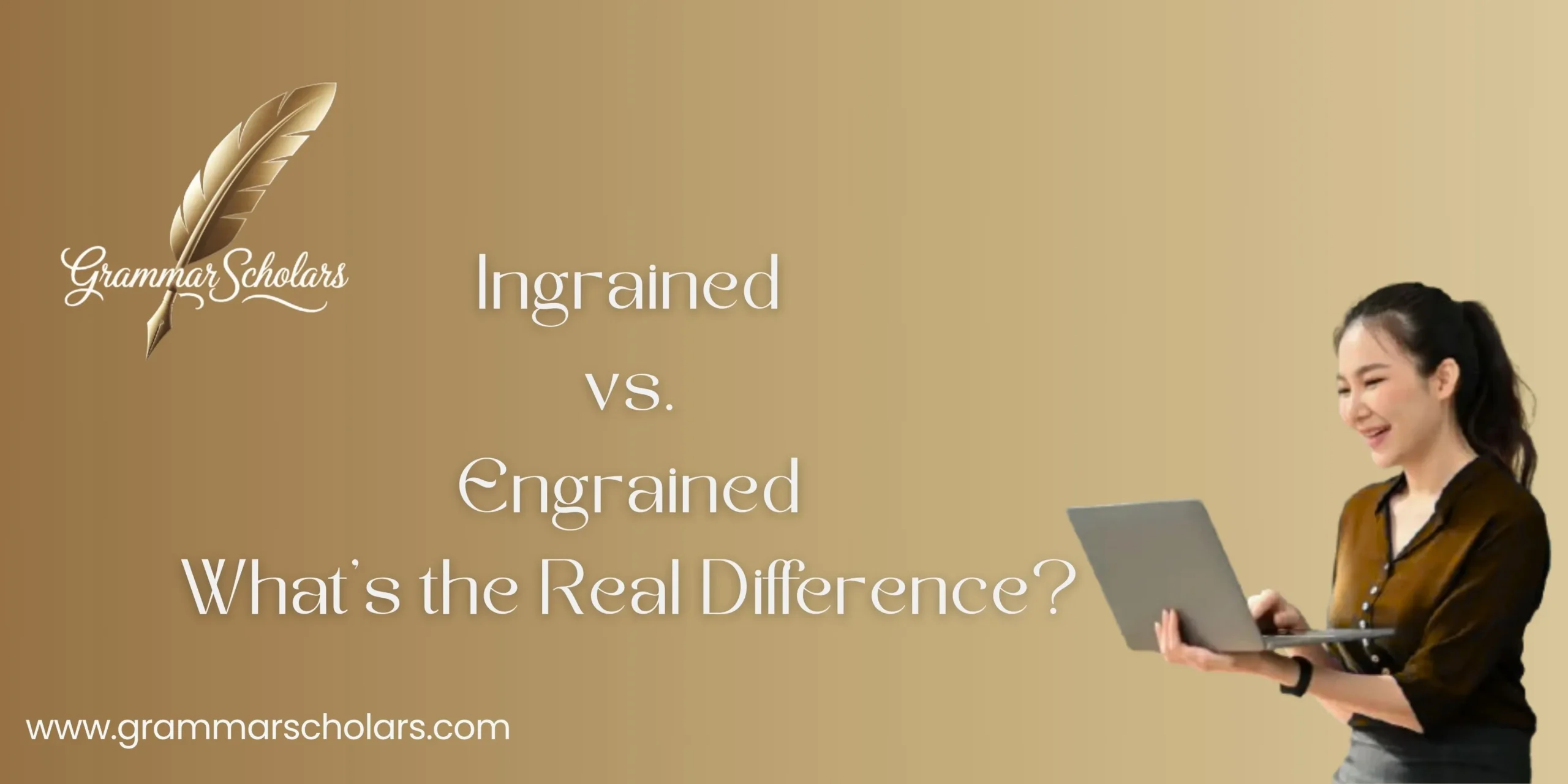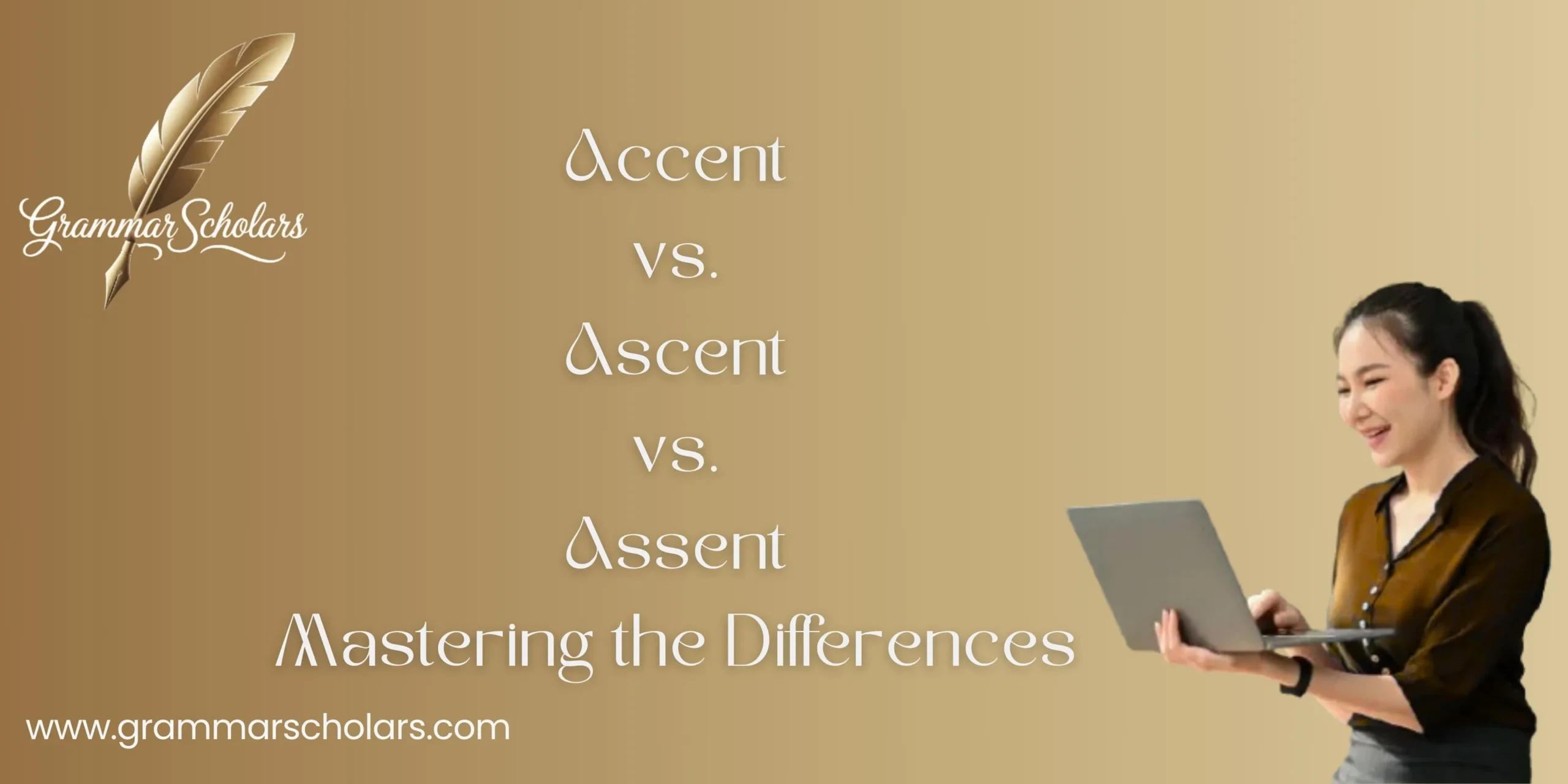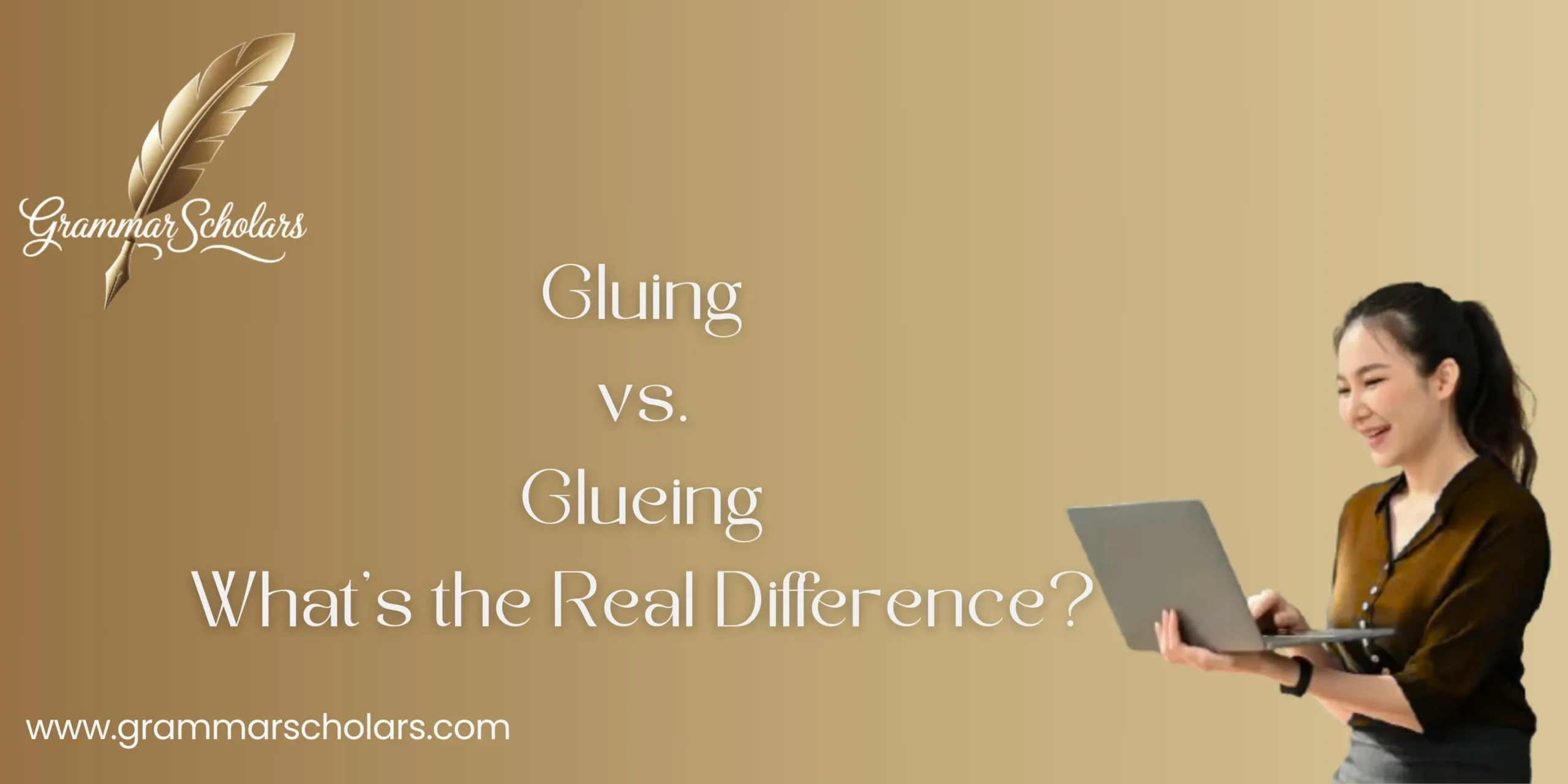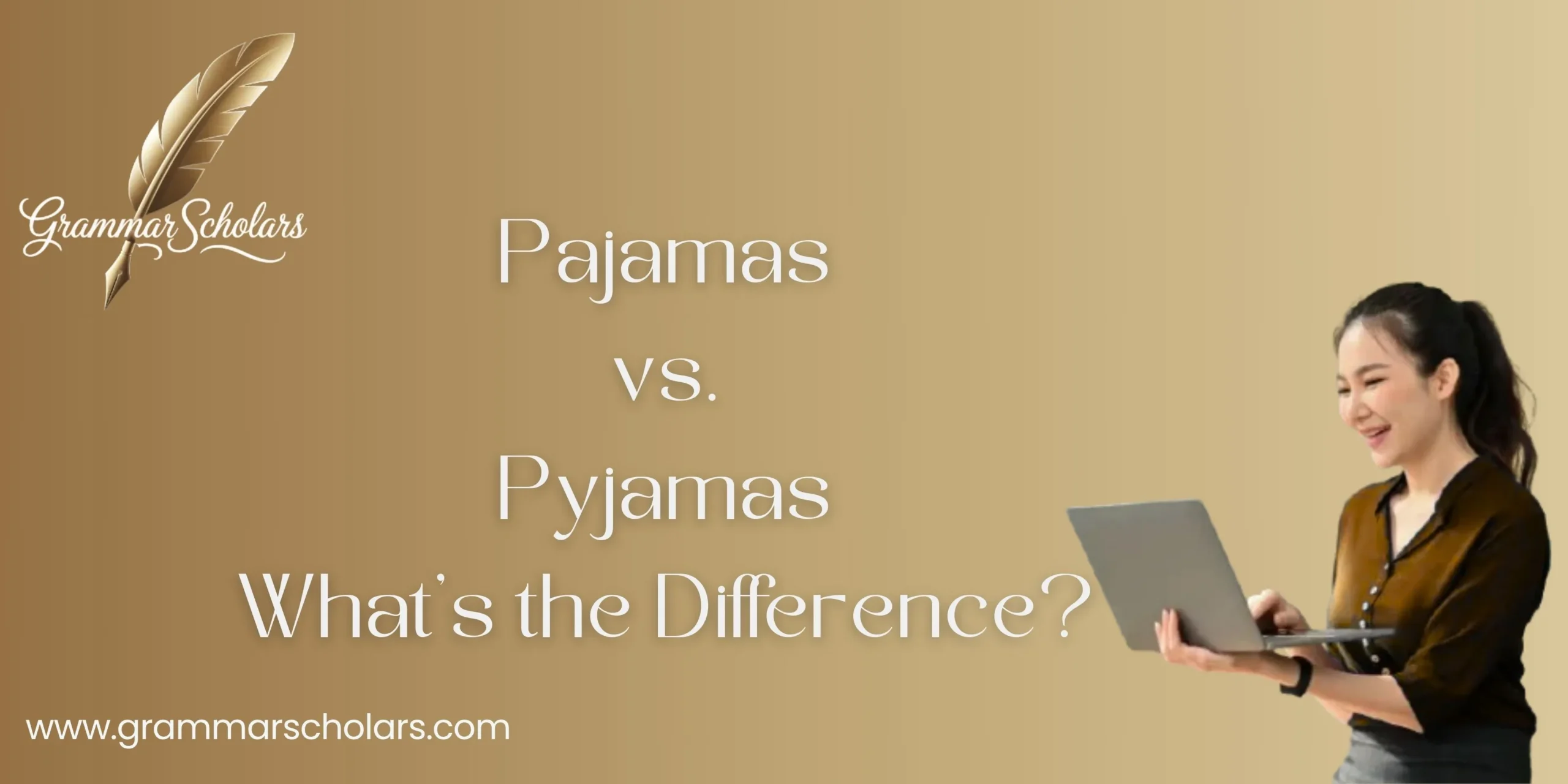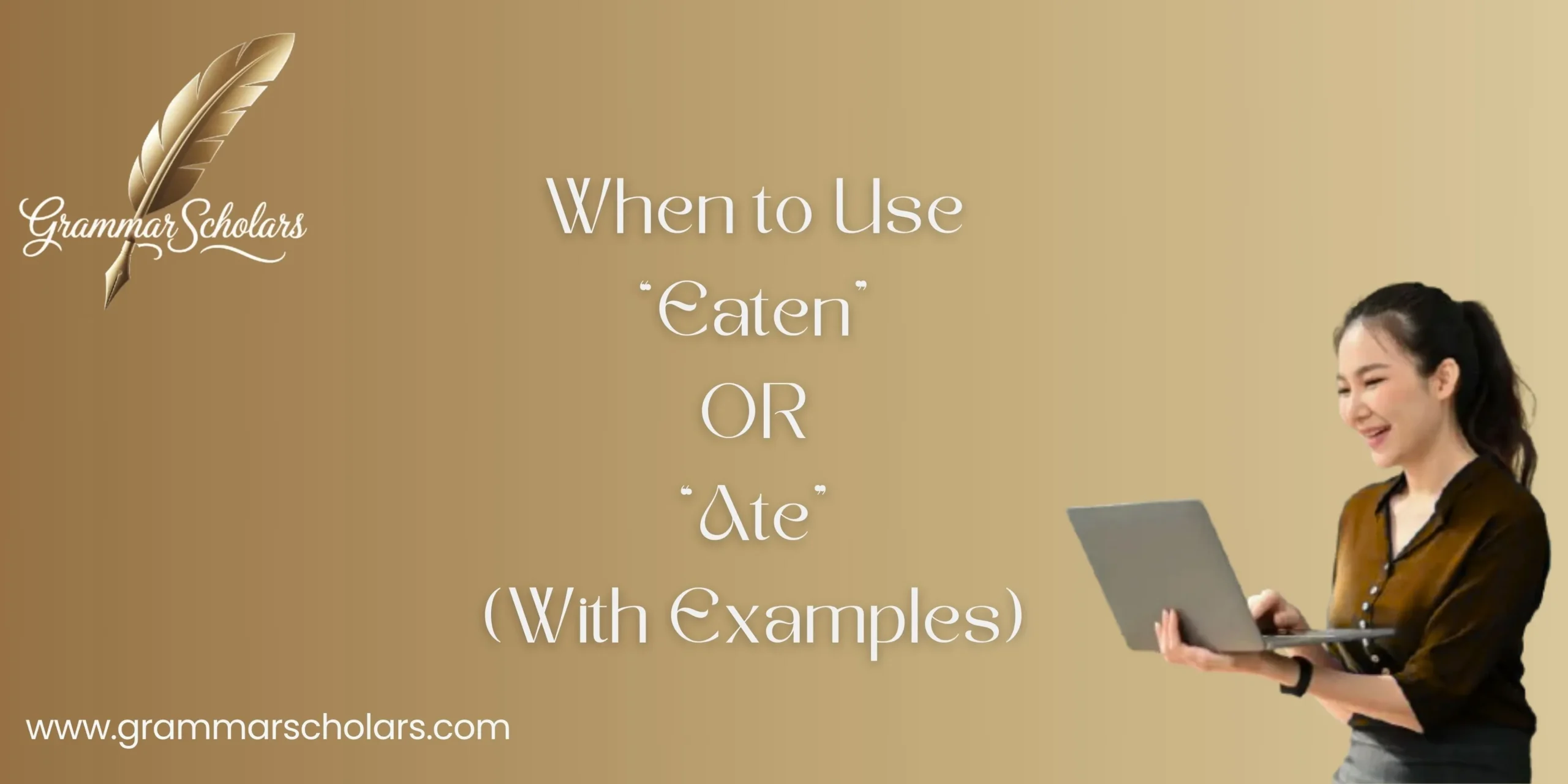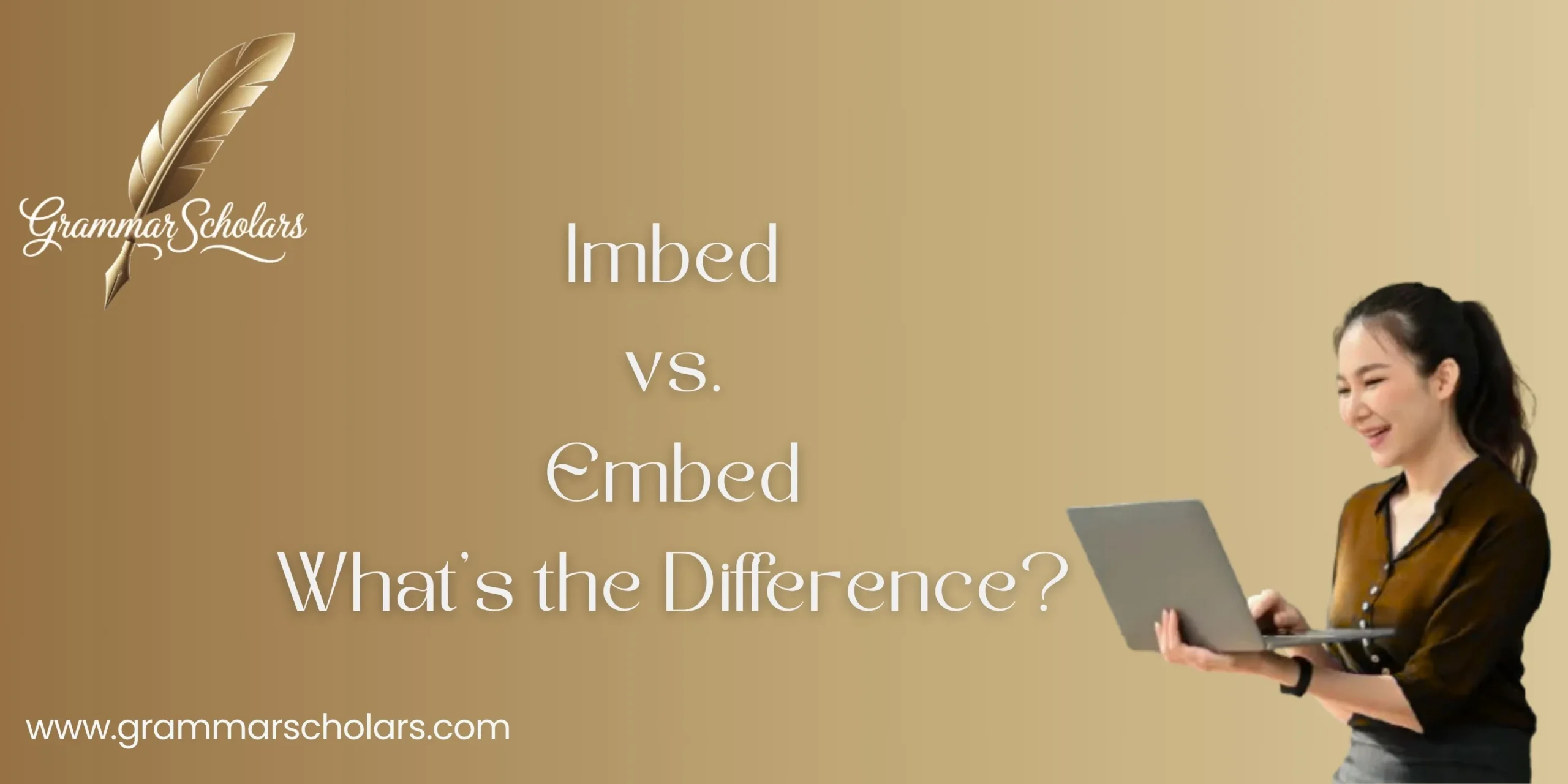Ingrained vs. Engrained – What’s the Real Difference?
Ingrained vs. Engrained may look minor, but choosing between ingrained and engrained affects how your sentence feels and is received. While both words sound alike, ingrained is the correct and most widely accepted spelling. It refers to something deeply rooted, like beliefs, habits, or traditions. The spelling engrained is rarely used today, seen as old-fashioned … Read more
